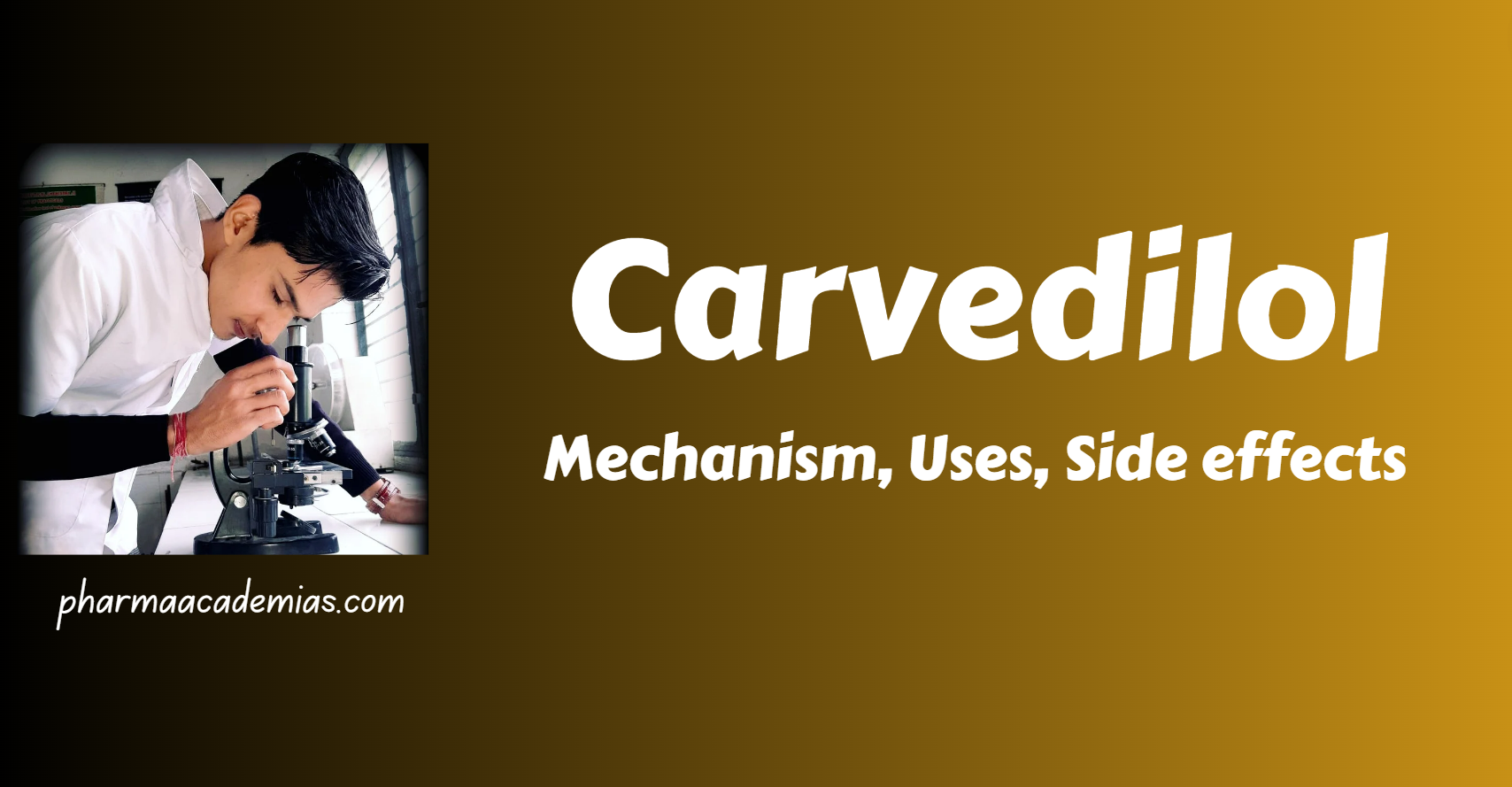Sympatholytics, adrenergic blockers or adrenergic antagonists
Sympatholytics, adrenergic blockers, or adrenergic antagonists Sympatholytics, also known as adrenergic blockers or adrenergic antagonists, are a class of drugs that inhibit the actions of the sympathetic nervous system by blocking adrenergic receptors. These receptors are targets for the neurotransmitters adrenaline (epinephrine) and noradrenaline (norepinephrine), and their activation leads to various physiological responses associated with … Read more




